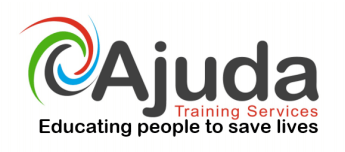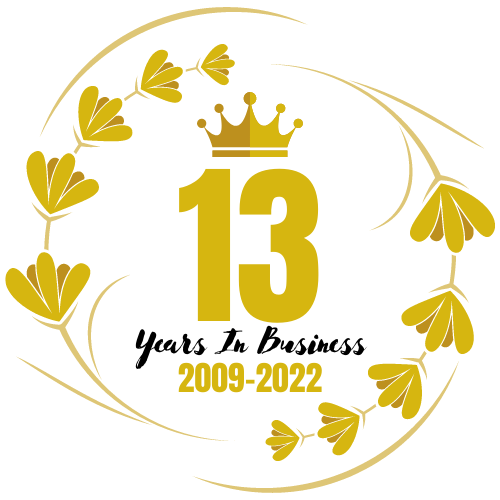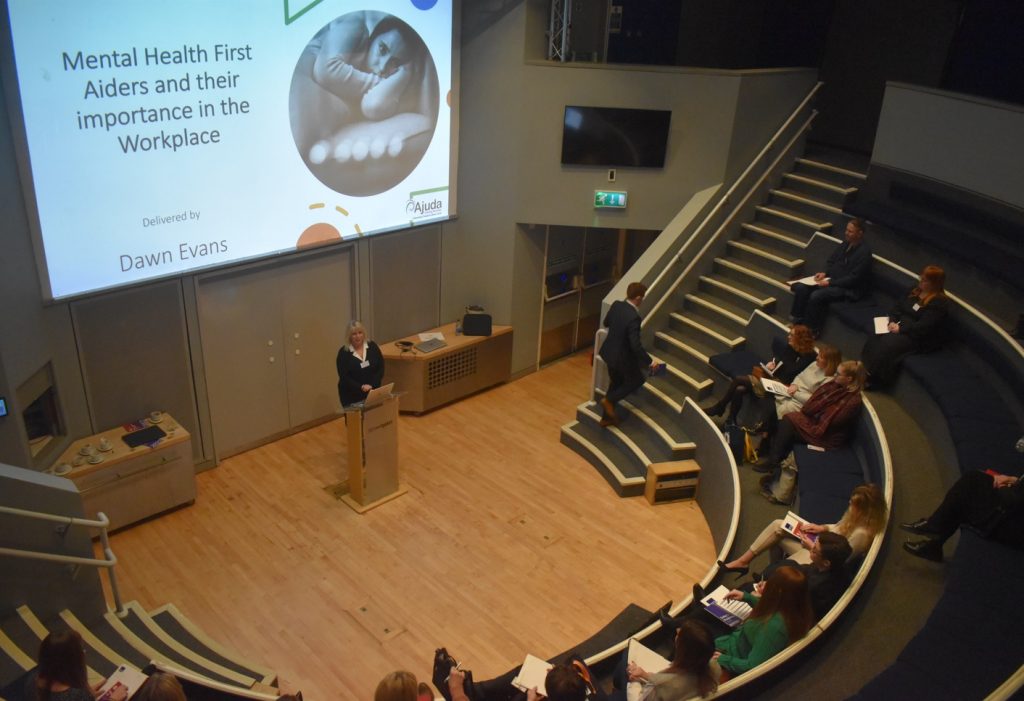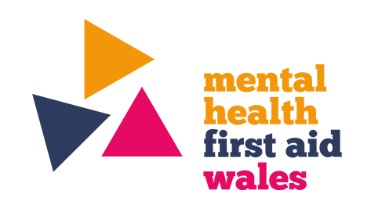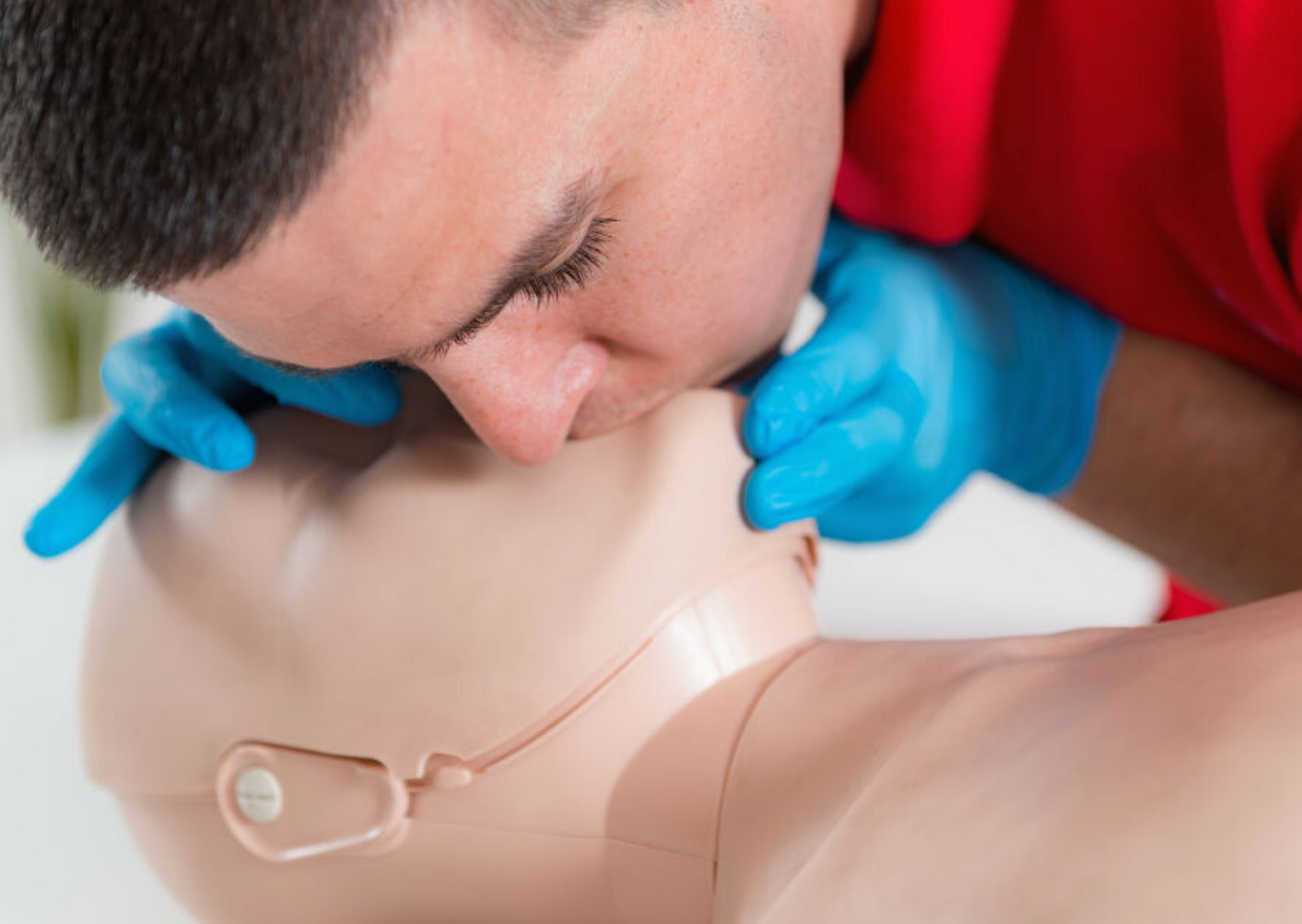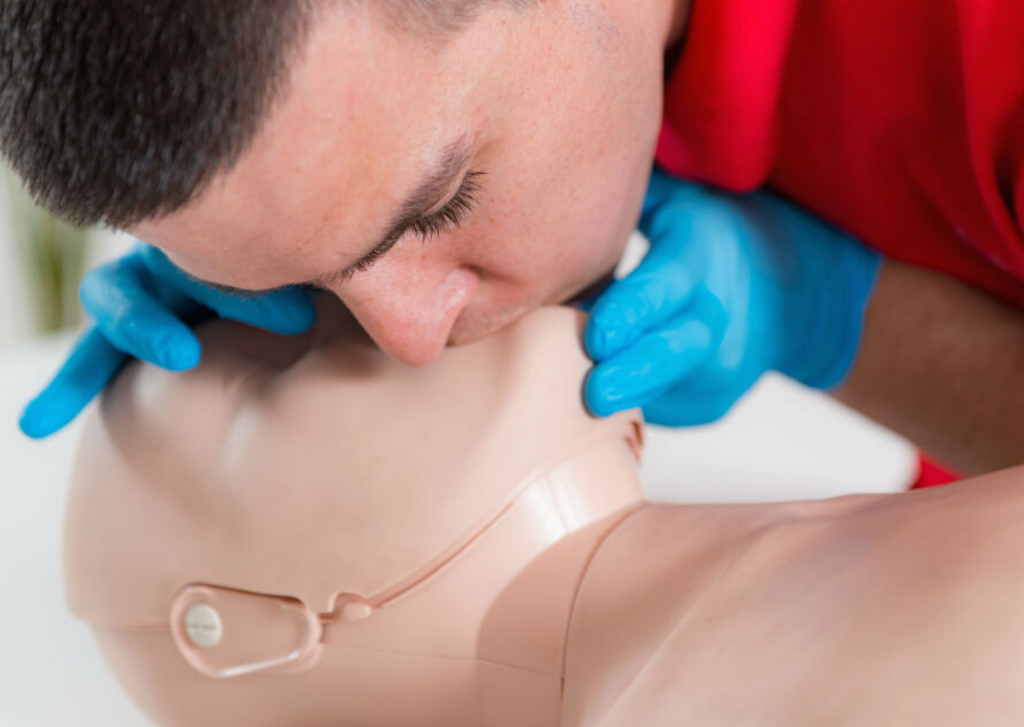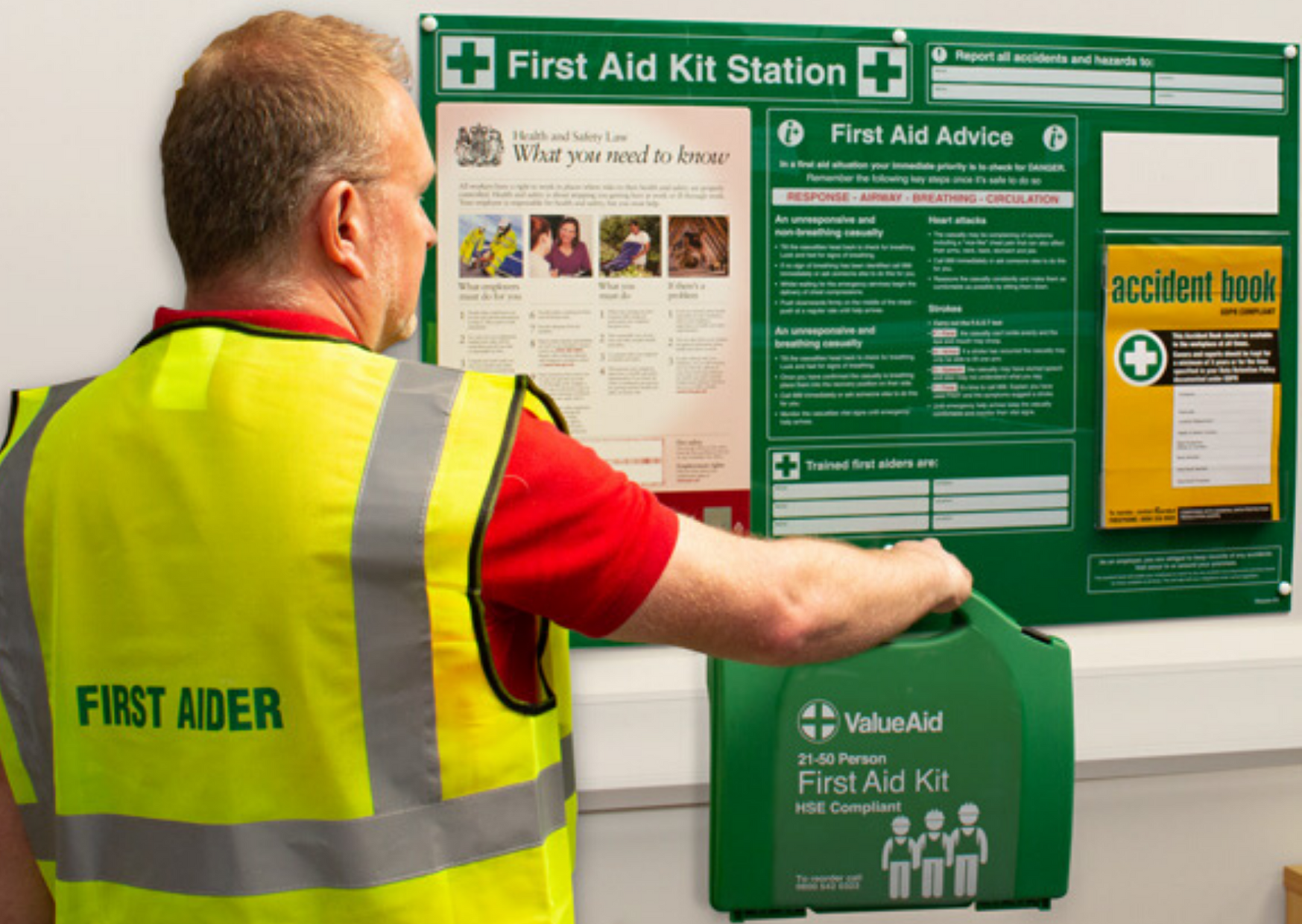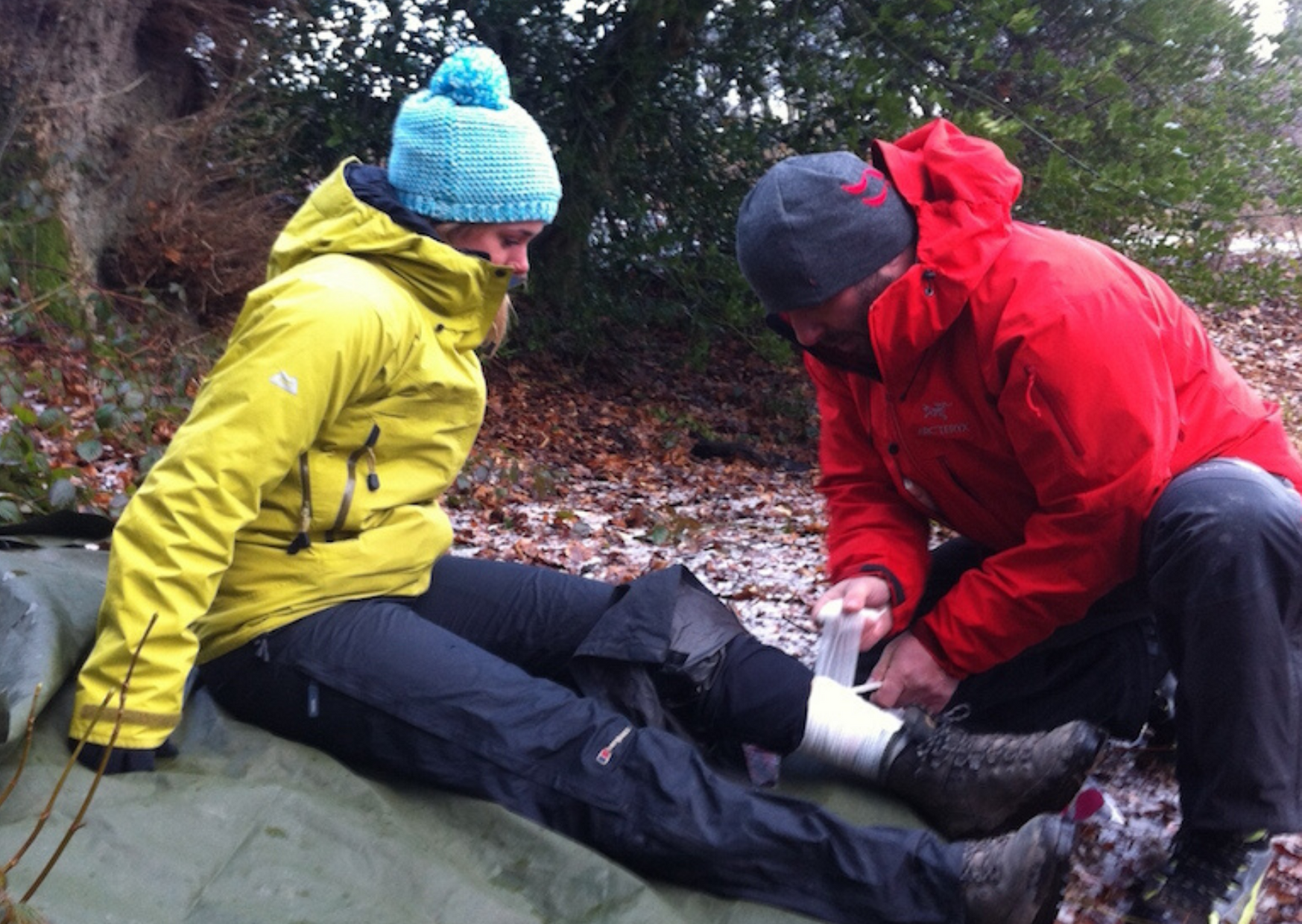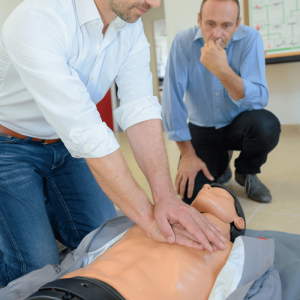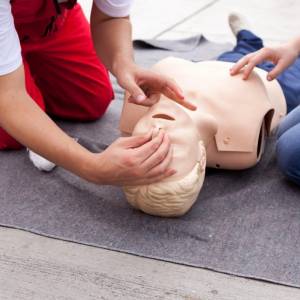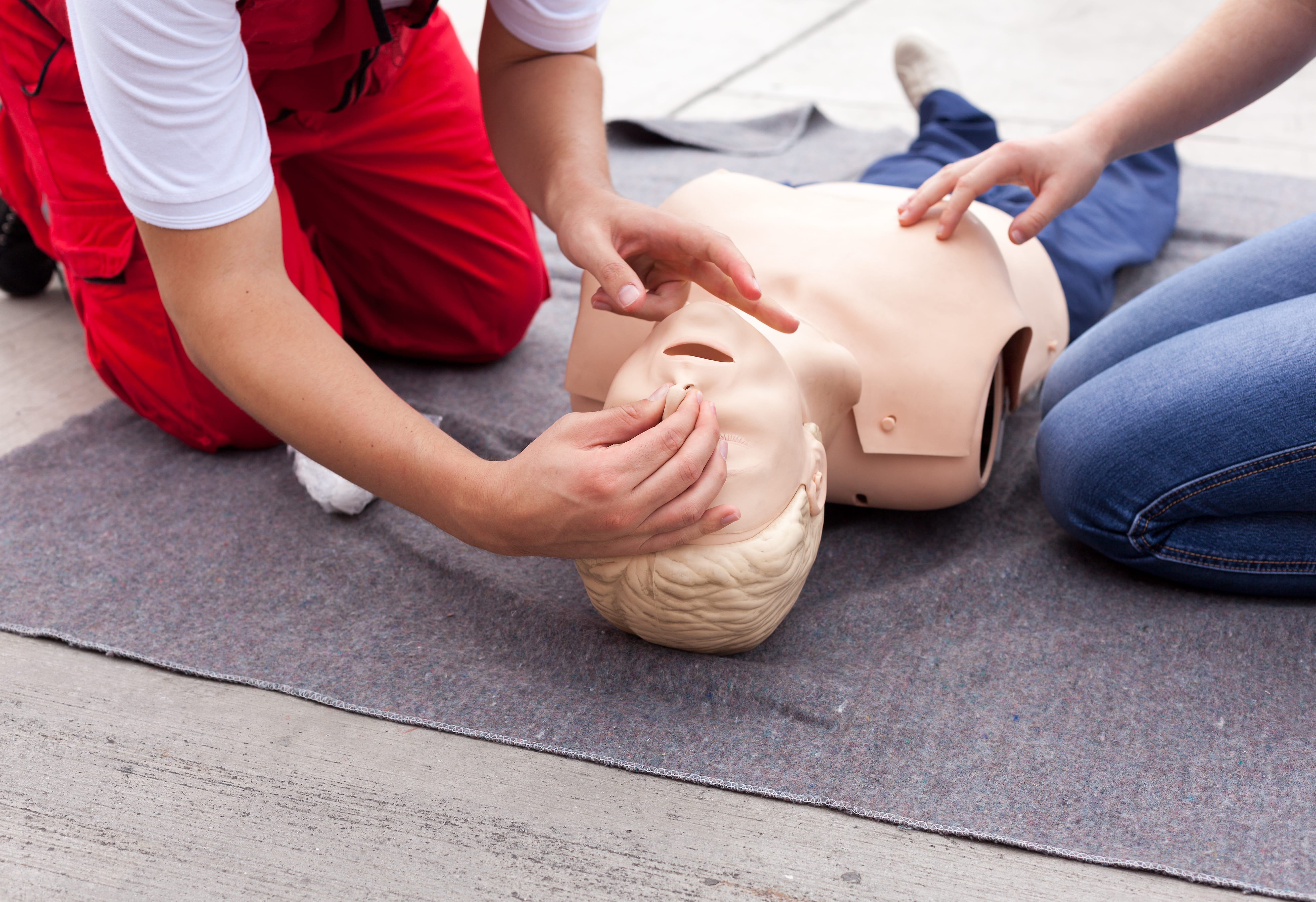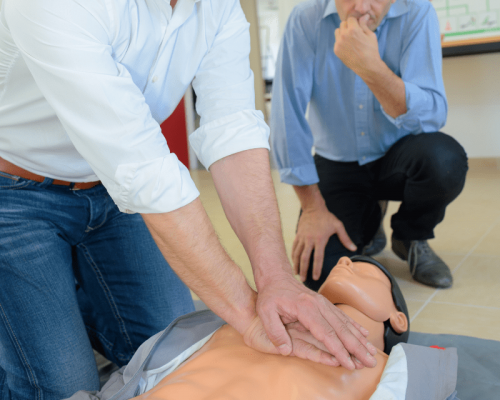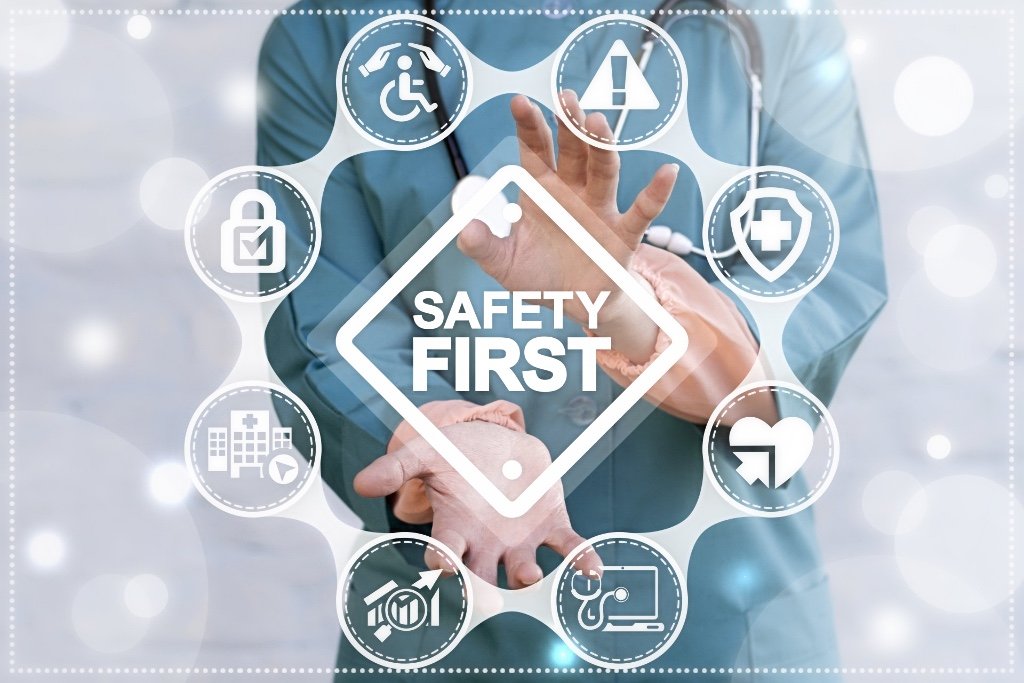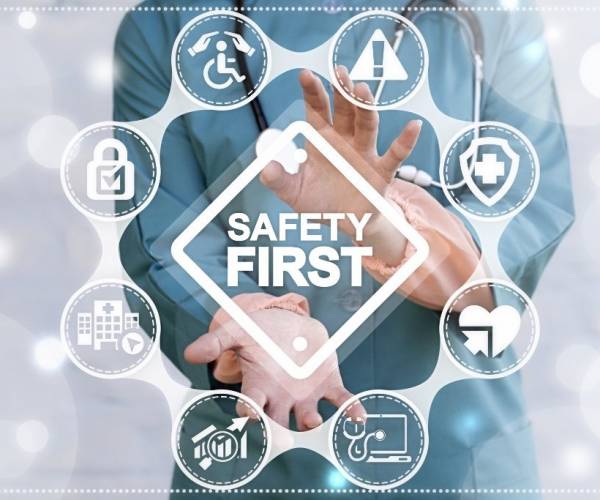Why is cold weather a problem?
When the temperature drops to below 8C, some people are at increased risk of:
- heart attack
- stroke
- flu
- pneumonia
- falls and injuries
- hypothermia
Cold weather can also affect people with mental health conditions, such as depression and dementia.
Who’s most at risk?
Very cold weather can affect anyone, but you are most vulnerable if:
- you’re 65 or older
- you’re on a low income (so can’t afford heating)
- you have a long-term health condition, such as heart, lung or kidney disease
- you’re disabled
- you’re pregnant
- you have young children (newborn to school age)
- you have a mental health condition
Be prepared
The Met Office provides weather forecasts on radio and TV, so listen in to these bulletins regularly to keep up-to-date with the weather.
Severe weather warnings are also issued on the Met Office website, through the Met Office Twitter feed, or you can call the Weather Desk on 0370 900 0100 or 01392 885 680.
The Met office also has advice on getting ready for winter.
This includes suggestions for practical things you can do to prepare for winter weather, including cold, ice and snow, high winds and flooding.
How to keep your home warm
Follow these tips to keep you and your family warm and well at home:
- if you’re not very mobile, are 65 or over, or have a health condition, such as heart or lung disease, heat your home to at least 18C (65F)
- keep your bedroom at 18C all night if you can – and keep the bedroom window closed
- during the day you may prefer your living room to be slightly warmer than 18C
- to reduce the risk of sudden infant death syndrome (SIDS), babies should sleep in rooms heated to between 16C and 20C
- if you’re under 65, healthy and active, you can safely have your home cooler than 18C, if you’re comfortable
- draw curtains at dusk and keep doors closed to block out draughts
- get your heating system checked regularly by a qualified professional
Protect your health in the cold
If you start to feel unwell, even if it’s a cough or cold, don’t wait until it gets more serious. Seek advice from your pharmacist.
Follow these tips on keeping well in the cold:
- find out if you can get the flu jab for free on the NHS
- wear several layers of clothes rather than 1 chunky layer – clothes made from cotton, wool or fleecy fibres help to maintain body heat
- use a hot water bottle or electric blanket to keep warm in bed – but don’t use both at the same time
- have at least 1 hot meal a day – eating regularly helps keep you warm; and make sure you have hot drinks regularly
- try not to sit still for more than an hour or so indoors – get up and stretch your legs
- stay active – even moderate exercise can help keep you warm
- wrap a scarf loosely around your mouth when outdoors – add a hat and wear shoes with a good grip, too
- if you have a heart or respiratory problem, stay indoors during very cold weather
Look in on vulnerable neighbours and relatives
Check up on older neighbours and relatives, and those with heart or respiratory (breathing) problems, to make sure they:
- are safe and well
- are warm enough, especially at night
- have stocks of food and medicines so they don’t need to go out during very cold weather
If you’re worried about a relative or elderly neighbour, contact your local council or call the Age UK helpline on 0800 678 1174 (8am to 7pm every day).
If you’re concerned that the person may be suffering from hypothermia, contact NHS 111.
